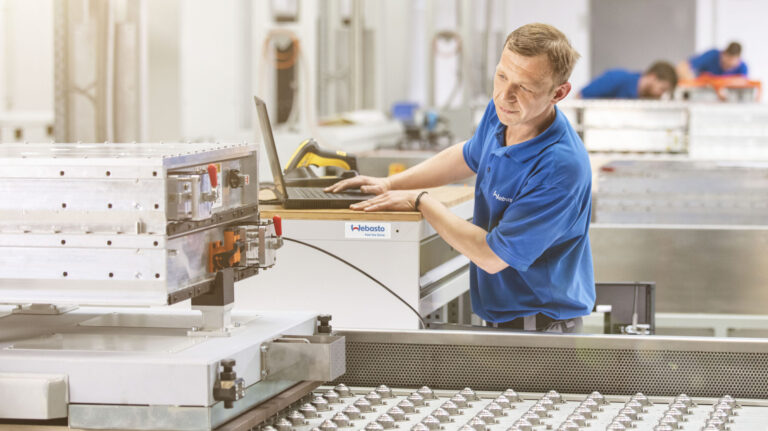Global automotive systems supplier Webasto has selected Monolith as its AI partner for electric vehicle battery validation. Webasto’s R&D team is utilizing Monolith’s AI software to enhance the efficiency of battery module and pack testing. Over the next year, the two companies will collaborate on various projects, initially focusing on optimizing battery pack screw tightening – a critical factor influencing battery performance and degradation.
Dr Richard Ahlfeld, CEO and founder of Monolith, commented on the partnership, “Our work with Webasto sets a new standard for how AI can be used to improve processes and products. We’ve collaborated closely with them to identify use cases, prepare data and train their in-house test and domain experts to fully leverage the Monolith platform. This collaboration has led to faster battery validation and enhanced battery quality and performance.”
Webasto, which builds over 500 battery system prototypes annually, generates terabytes of raw test data from thousands of tests. However, this data isn’t initially suitable for training AI models. To address this, Monolith’s customer success engineers assist with data collation and compatibility, enabling machine learning and AI model training. This support enables Webasto to extract actionable insights from test data, paving the way for automated data cleaning and real-time processing using data science best practices.
Markus Meiler, Webasto’s VP of research and development, highlighted the potential of AI in expediting the battery test and validation process, “After a thorough evaluation, we found Monolith to be an excellent partner for scaling AI across our R&D. The Monolith platform has shown the benefits of using our test data with AI and has guided us through workshops to identify the best potential use cases, becoming more than just a tech supplier – an engineering partner.”
Each battery module developed by Webasto contains at least 300 screws, with the torque setting for each screw generating vast amounts of data. Monolith’s software will be used to analyze this data to improve screw tightening and overall battery performance, also freeing up senior engineering resources.


